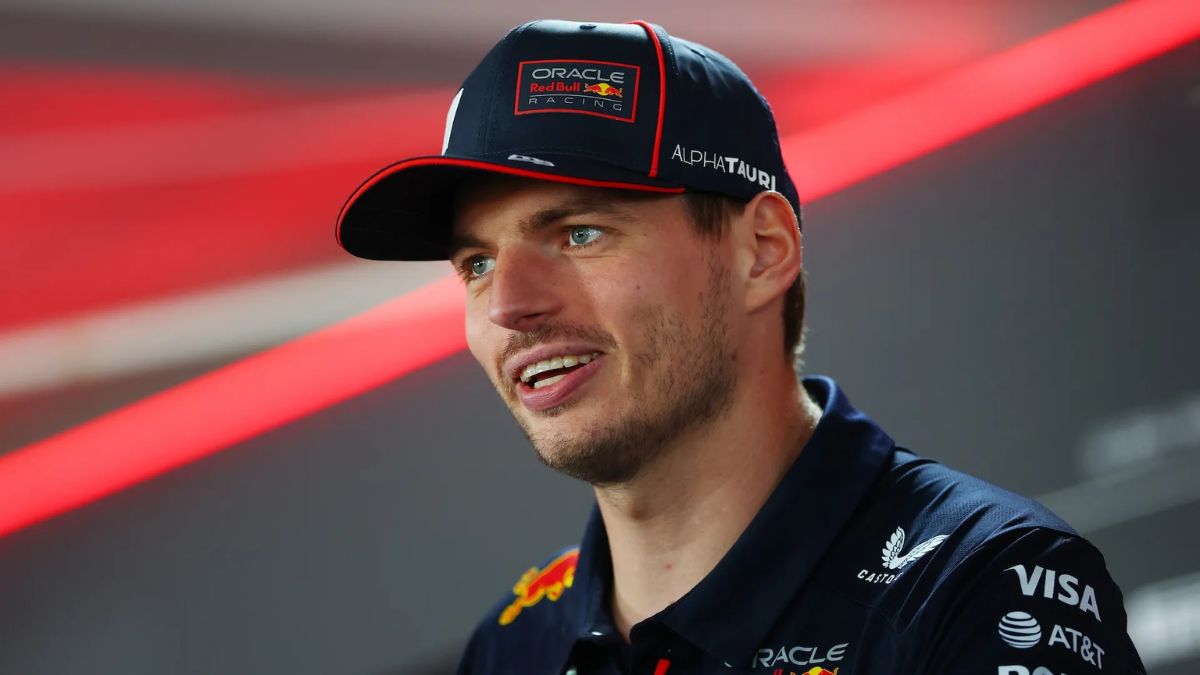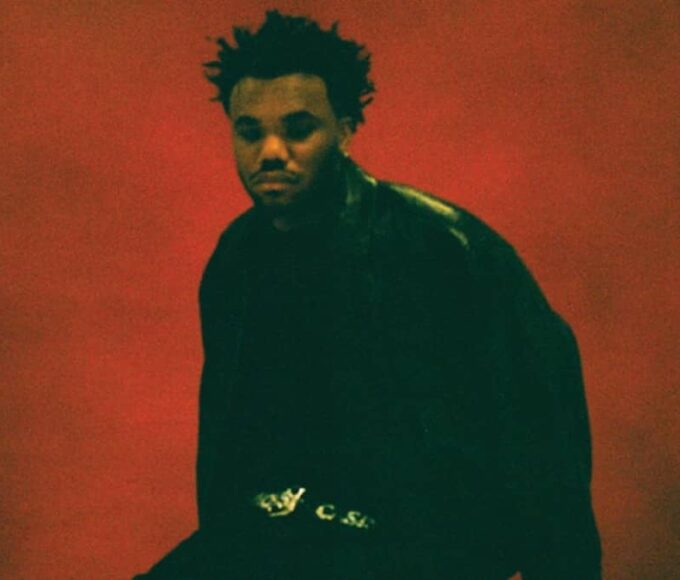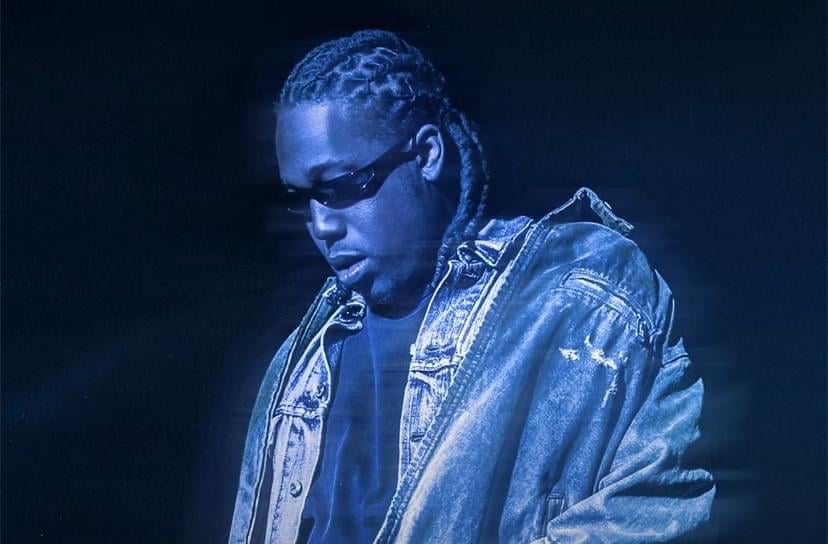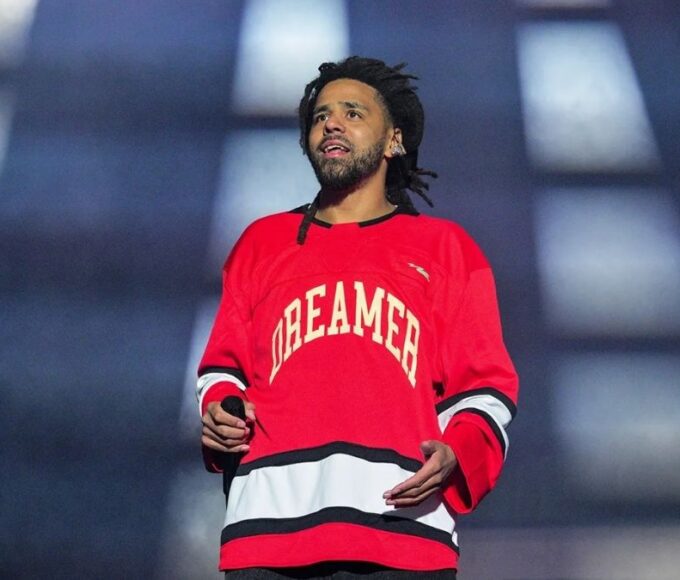Hot 97 radio host Ebro Darden has sparked debate with his latest comments on Drake’s impact on hip-hop, calling him a “sickness in the game.”
The statement came during a discussion on Kendrick Lamar’s Super Bowl halftime performance, where Darden argued that the real message went beyond Drake himself.
During the February 11 episode of Ebro in the Morning, Darden and his co-hosts analyzed Lamar’s powerful 13-minute set, which included the song “Not Like Us“—widely perceived as a diss aimed at Drake.
While some saw the moment as a direct attack on the 6 God, Darden pushed back, saying:
“Drake is not that important. The reason he’s involved is because he represents a sickness in the game. It could have been any artist.”
Ebro Darden: “Drake Focuses on Charts, Not Depth”
Darden elaborated on his stance, explaining that Drake embodies an industry obsessed with commercial success over artistic integrity. He contrasted Drake’s approach with Lamar’s, pointing out that Kendrick prioritizes self-reflection, reinvention, and deeper storytelling.
“People love Drake. We love his music. But he’s not willing to rip his soul from the bottom, do ayahuasca, and look himself in the mirror the way Kendrick has prescribed,” Darden said. “It’s about what the game does to someone who tries to dominate it. That’s the real story.”
According to Darden, Drake’s career has been built on adapting different styles to maintain mainstream success, while Lamar has remained focused on his artistic vision.
“Drake’s focus has always been money, chart dominance, and incorporating different styles into his own,” Darden said. “That strategy worked, but it came at a cost. Meanwhile, Kendrick paid a price for staying true to his path.”
Drake vs. Kendrick: Authenticity vs. Industry Appeal?
Co-host Peter Rosenberg added that Lamar’s set also touched on larger themes, including racial dynamics in America.
Darden agreed, emphasizing that Drake’s rise in hip-hop has been about playing the industry game, while Lamar has stayed committed to his roots.
“He went from being a kid living with his mom to having mob ties and bullet holes in his sweatshirt,” Darden said. “Kendrick, on the other hand, stayed grounded in his origins and what truly matters to him.”
Darden’s comments reflect a long-running debate in hip-hop—whether commercial success outweighs artistic authenticity.
With Drake and Kendrick representing two opposing paths, this discussion is far from over.











Leave a comment